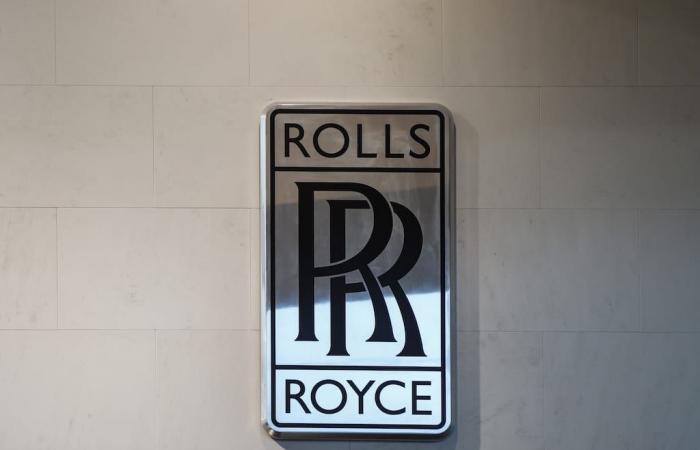The United Kingdom is banking on its military sovereignty by signing a decisive partnership with Rolls-Royce. This monumental contract worth almost 10 billion pounds commits the country for decades. Why this choice, and what are the issues?
The signing of a 9 billion pound contract between London and Rolls-Royce marks a key step in the British nuclear deterrent strategy. A decision which illustrates the country's military priorities in the face of an increasingly unstable international context (war in Ukraine, Trump, etc.).
Economic benefits important for London
The United Kingdom has just concluded a historic agreement on January 24, 2025 with Rolls-Royce, aimed at the design and manufacture of nuclear reactors for Royal Navy submarines. This contract, called “Unity”, is spread over eight years and amounts to 9 billion pounds (around 10.3 billion euros).
The objective of this investment is twofold: to guarantee the modernization of the submarine fleet and to maintain an active deterrent force 24 hours a day, throughout the year. According to Steve Carlier, president of Rolls-Royce Submarines, this agreement reaffirms “ the UK's commitment to nuclear defense ».
Beyond its military importance, the “Unity” contract promises significant economic benefits. It will create 1,000 new jobs and preserve 4,000 others, according to a government press release.
These positions, concentrated in the high technology and defense sectors, strengthen national industrial capabilities. They are part of an economic recovery strategy after years of stagnation, although the results remain mixed since Labor returned to power in July 2024, with the consequent appointment of Keir Starmer as Prime Minister. However, this budgetary effort will have to convince British public opinion sensitive to social priorities.
Nuclear submarines: industrial and budgetary challenges to be met
The United Kingdom operates in an increasingly unstable international context, marked by the military expansion of Russia and China. Mastery of nuclear propulsion technologies, combined with a fleet of modern submarines, is seen as a strategic asset in the face of these threats.
London thus reaffirms its central role within NATO. This alliance, where only the American and British powers have a nuclear submarine component, constitutes a pillar of collective security in Europe. But NATO's horizon is increasingly blurred, with Donald Trump's return to the White House.
Rolls-Royce will, however, have to respect demanding specifications in terms of reliability, safety and deadlines. The previous Astute-class attack submarine program suffered significant delays, adding to pressure on new projects.
Financially, the British government will have to allocate significant resources to avoid budgetary excesses. This expense could spark debate in the British Parliament.
A reaction? Leave a comment
Did you like this article? Subscribe to our free Newsletter for engaging articles, exclusive content and the latest news.






